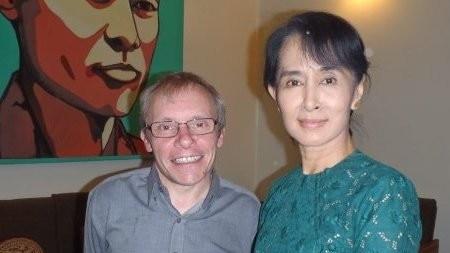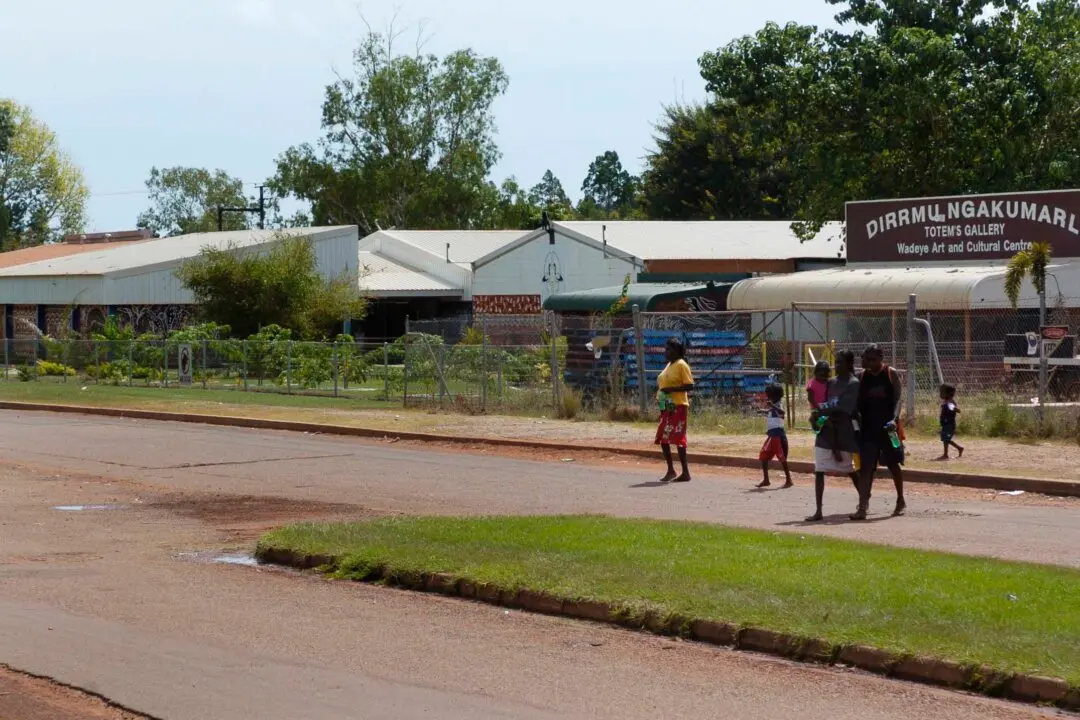A Burmese (also known as Myanmar) court has handed three-year jail terms to former leader Aung San Suu Kyi and Australian economist Sean Turnell for violating Burma’s official secrets act, a legal official says.
The pair were tried and convicted under the secrets law, said the official, who spoke on condition of anonymity because he is not authorised to release information about the case.





